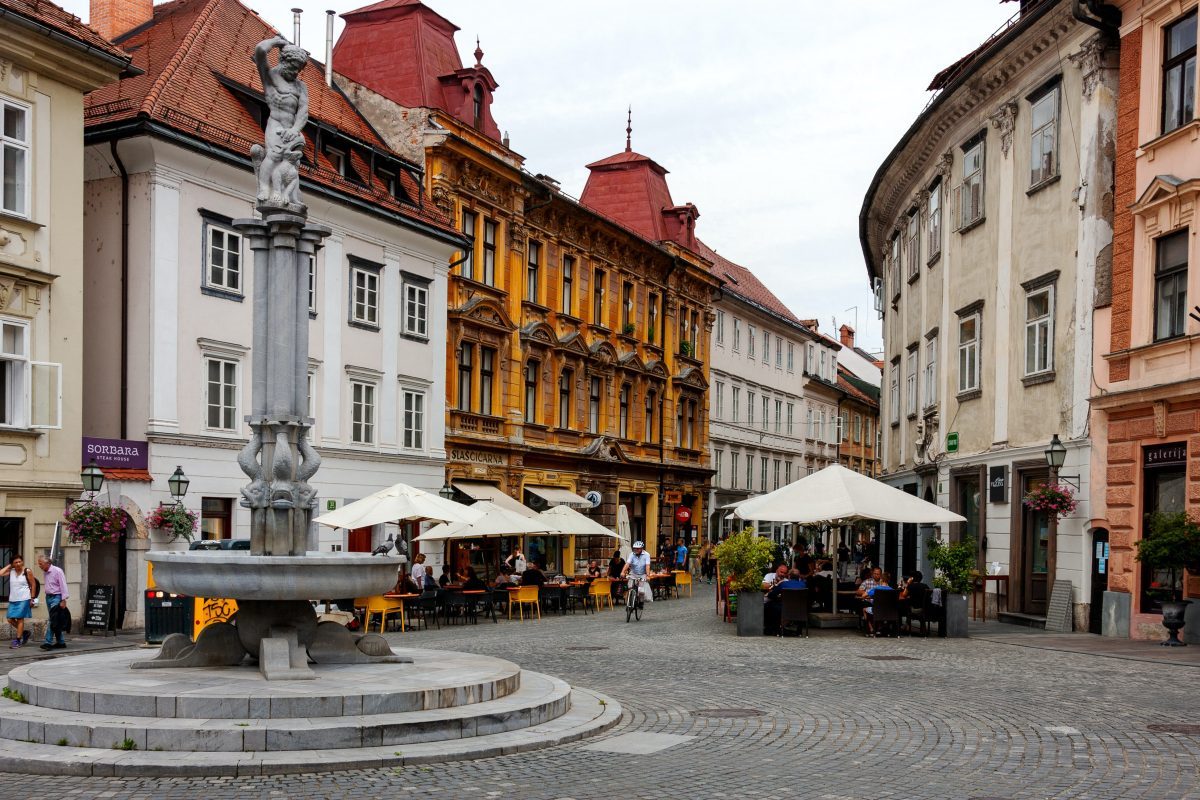Aurora Forecast Alaska: What You Need to Know
There’s no denying that Alaska is a popular destination for viewing the northern lights or aurora borealis. Every winter, eager travelers flock to the northernmost state in the US in hopes of seeing this awe-inspiring natural phenomenon. However, planning a trip to Alaska for the northern lights isn’t as simple as booking a flight and hoping for the best. You need to know when and where to go, what gear to pack, and how to increase your chances of seeing the aurora. In this post, we’ll cover everything you need to know about the Aurora Forecast in Alaska.
What are the Northern Lights?
Before diving into the forecast, let’s take a moment to understand what the northern lights really are. The northern lights are a natural, colorful light display in the sky that occurs when charged particles from the sun collide with gas particles in the Earth’s atmosphere. These particles create a dance of light that can be seen in high-latitude regions, such as Alaska.
When is the Best Time to See the Northern Lights in Alaska?
The northern lights can be seen in Alaska from late August to mid-April, with the best time to see them being between December and January. During this time, the skies are usually clear, and the nights are longest, giving you the best chance of seeing the aurora. However, it’s essential to keep in mind that the northern lights are unpredictable, and there’s no guarantee that you’ll see them even during the peak season.
How to Check the Aurora Forecast
One of the most crucial parts of planning a trip to see the northern lights in Alaska is checking the aurora forecast. The aurora forecast predicts the likelihood of seeing the aurora in a particular location based on a variety of factors, including solar activity, weather, and light pollution levels. There are a few websites where you can check the forecast, including the Geophysical Institute at the University of Alaska Fairbanks and the National Oceanic and Atmospheric Administration (NOAA). Both sites provide real-time aurora data and predictions, making it easier for you to plan your aurora viewing.
Geophysical Institute at the University of Alaska Fairbanks
The Geophysical Institute at the University of Alaska Fairbanks provides a comprehensive aurora forecast that includes predicted aurora activity, cloud cover, and moon phases. The website also includes real-time aurora data gathered by all-sky cameras located throughout Alaska. The site is user-friendly and features an interactive map that allows you to view aurora forecasts for specific locations in Alaska.
National Oceanic and Atmospheric Administration (NOAA)
NOAA’s Space Weather Prediction Center provides a 3-day aurora forecast that covers the entire northern hemisphere, including Alaska. The site offers a variety of tools, including maps, graphs, and alerts, to help you plan your aurora viewing. You can access the aurora forecast directly on the homepage or through the Space Weather Prediction Center’s Aurora Forecast page.
Where to See the Northern Lights in Alaska
Alaska is a vast state, and with that comes different locations to see the northern lights. The best place to view the aurora is from northern Alaska, particularly above the Arctic Circle, due to the polar region’s clear skies and minimal light pollution. However, you can also see the aurora in places like Anchorage, Fairbanks, and Denali National Park.
Fairbanks
Fairbanks is often called the “aurora capital of the world,” and for an excellent reason. The city is situated under the auroral oval and has clear skies during the fall and winter months. It is also home to the University of Alaska Fairbanks Geophysical Institute, which means that you’ll find several resources for checking the aurora forecast and learning about the northern lights.
Anchorage
Anchorage is the largest city in Alaska, and while it’s not as far north as other locations, it still offers excellent aurora viewing opportunities. You’ll need to venture away from the city lights to see the aurora, but once you do, you’ll be rewarded with an incredible display of color in the sky.
Denali National Park
Denali National Park, located about 240 miles north of Anchorage, is another popular destination for aurora viewing. The park has minimal light pollution, and during the winter months, it’s an excellent place to view the northern lights.
How to Increase Your Chances of Seeing the Aurora
While there’s no guarantee that you’ll see the northern lights during your trip to Alaska, there are a few things you can do to increase your chances.
Choose a Clear Night
The aurora is visible on clear nights, so check the weather forecast before you head out to view the northern lights. Your chances of seeing the aurora also increase during the new moon, as there will be less light pollution in the sky.
Get Away from Light Pollution
Light pollution can make it challenging to see the aurora, so venture away from city lights to view the northern lights. Drive to more remote areas or book a tour to take you to areas with minimal light pollution.
Pack the Right Gear
Remember to pack the right gear for your aurora viewing trip to Alaska. Warm clothes, including a hat and gloves, are essential, as temperatures can drop well below freezing. A camera with manual settings will also come in handy for capturing stunning images of the northern lights.
Conclusion
The aurora forecast in Alaska is key to planning a successful trip to view the northern lights. With the right knowledge, planning, and gear, you can increase your chances of seeing this incredible natural phenomenon. Remember to check the aurora forecast before you go, choose a clear night, get away from light pollution, and pack the right gear. With a bit of luck and planning, you’ll have a once-in-a-lifetime experience viewing the northern lights in Alaska.
Table of Contents

